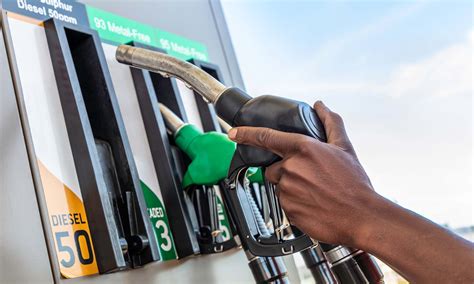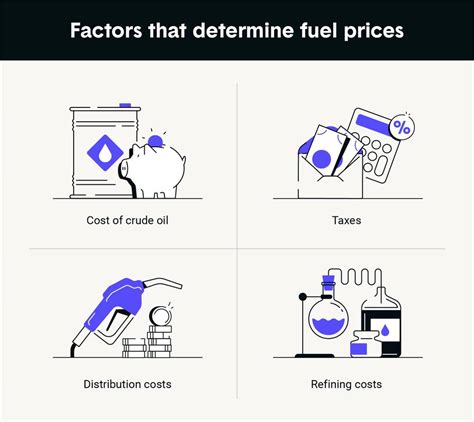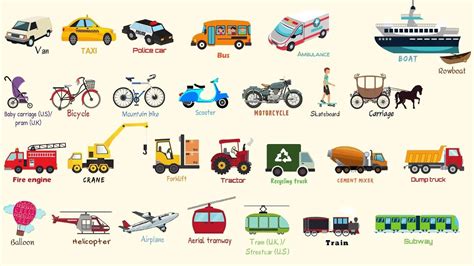Decoding the Octane Dilemma: Separating Fact from Fuel Fiction
For many vehicle owners, the choice at the pump between regular and premium unleaded fuel is often a moment of contemplation. Is premium gas truly superior, offering a worthwhile return on investment (ROI) for performance, engine longevity, or fuel economy, especially for the robust vehicles often favored by men, like trucks, SUVs, or sports cars? Or is it largely an unnecessary expense, a marketing ploy for an indistinguishable product?
This article dives deep into the science and economics of fuel, helping you make an informed decision that benefits both your wallet and your vehicle’s health.

Understanding Octane Ratings: More Than Just a Number
The primary difference between regular and premium gasoline lies in their octane rating. Regular unleaded typically has an octane rating of 87, while premium can range from 91 to 93. Octane isn’t about energy content or power; it’s a measure of fuel’s resistance to pre-ignition or “knocking.”
- Knocking (or pre-ignition): This occurs when the air-fuel mixture ignites prematurely, before the spark plug fires, creating a competing explosion in the cylinder. This can lead to a knocking sound and, over time, significant engine damage.
- Higher Octane: Fuels with higher octane ratings are more stable and less prone to spontaneous combustion under the high compression found in certain engines.
Does Your Vehicle Truly Need Premium Fuel? The Owner’s Manual is Key
The most crucial factor in deciding which fuel to use is your vehicle manufacturer’s recommendation, found in your owner’s manual or on the inside of your fuel cap. Vehicles fall into three main categories:
- “Premium Fuel Required”: These engines, typically high-performance, turbocharged, or supercharged, are designed with high compression ratios. They absolutely need premium fuel to prevent knocking and ensure optimal performance and longevity. Using regular gas in these vehicles can lead to engine damage and reduced efficiency.
- “Premium Fuel Recommended”: For these vehicles, premium fuel will deliver the best performance and fuel economy, but the engine’s computer can adjust to run on regular gas without damage. You might notice a slight dip in power or efficiency, but no harm is done.
- “Regular Fuel Recommended”: The vast majority of vehicles fall into this category. Their engines are designed for 87 octane, and using premium fuel offers no benefits whatsoever – it’s simply a waste of money. Modern engines are equipped with knock sensors that can detect pre-ignition and adjust timing to compensate, but they can only do so much.

The Performance Myth: Is Premium Fuel a Power Booster?
A common misconception is that premium fuel magically boosts horsepower or acceleration. For vehicles designed to run on regular gas, this is unequivocally false. Pouring higher octane fuel into an engine that doesn’t require it won’t unlock hidden power; the engine’s timing and design simply aren’t set up to take advantage of it.
For vehicles that require or recommend premium fuel, using the correct octane ensures the engine can perform as intended by the manufacturer. It’s not about adding power, but about allowing the engine to deliver its engineered performance without being hindered by pre-ignition.
Fuel Economy: Separating Fact from Fiction
Another popular belief is that premium gas improves fuel economy. Similar to performance, if your vehicle is designed for regular fuel, premium will not increase your miles per gallon (MPG). Your engine will consume the same amount of fuel for the same distance.
However, if your vehicle requires premium fuel, using regular gas might cause the engine’s computer to retard timing to prevent knocking, which can, in turn, slightly reduce fuel efficiency. In this specific scenario, using premium fuel ensures the optimal MPG designed for your vehicle, but it’s not an inherent boost; it’s simply running the engine as intended.

The Real ROI: Crunching the Numbers
Let’s consider the financial aspect. The price difference between regular and premium gas can range from $0.20 to $0.70 or more per gallon. Over a year, this adds up significantly:
- If you drive 12,000 miles a year at 20 MPG, you’ll use 600 gallons of gas.
- At a $0.50 difference per gallon, switching unnecessarily to premium would cost you an extra $300 per year.
- Over the lifespan of a vehicle, this could amount to thousands of dollars for zero discernible benefit.
The only true ROI on premium gas comes when your vehicle genuinely needs it to operate correctly, preventing costly engine damage and maintaining peak performance and efficiency. For all other vehicles, the ROI is negative.
Long-Term Effects: Engine Health and Resale Value
Using the correct fuel is crucial for long-term engine health. For vehicles that require premium fuel, consistently using regular gas can lead to prolonged knocking, which stresses engine components and can cause premature wear or even catastrophic failure. This could certainly impact your vehicle’s resale value, as potential buyers might be wary of an engine that hasn’t been properly maintained.
Conversely, using premium fuel in a car that only needs regular gas has no detrimental effects on the engine. It won’t clean your engine better, extend its life, or improve its resale value. It’s simply an expense that doesn’t yield any return.

The Verdict: Smart Fueling for Smart Drivers
The real ROI on premium versus regular gas for your vehicle boils down to one simple rule: Follow your manufacturer’s recommendation.
- If your vehicle requires premium: Pay the extra cost. It’s an investment in your engine’s health, performance, and longevity. The alternative is risking expensive repairs and diminished driving experience.
- If your vehicle recommends premium but tolerates regular: You have a choice. Regular will save you money with a minor trade-off in peak performance or efficiency. Only you can decide if that slight difference is worth the extra cost.
- If your vehicle only needs regular: Stick to regular. You’ll save money without any compromise on performance, fuel economy, or engine health.
In the vast majority of cases, for most drivers, the “real ROI” on premium gas is negative. It’s an unnecessary expense that offers no tangible benefits. Be a smart driver, consult your owner’s manual, and fuel your vehicle with the octane it was designed for.





